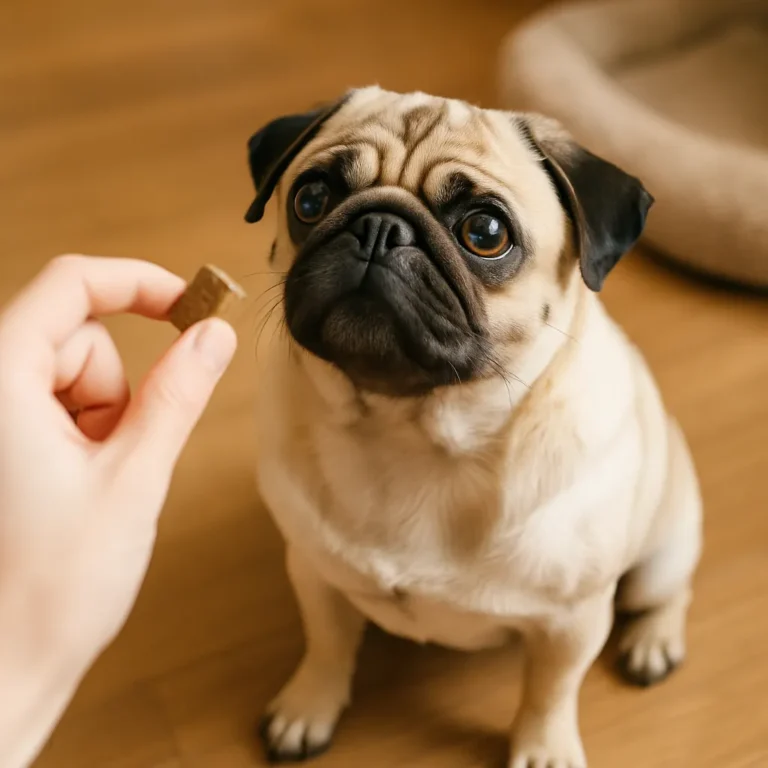Do Pugs Bark a Lot and How to Manage Their Vocal Behavior

Disclosure: This post contains affiliate links. As an Amazon Associate, I earn from qualifying purchases—at no extra cost to you.
Pugs are known for their lively personalities and expressive behavior. Barking is one way they communicate, and understanding their vocal habits can help you create a happier environment for both you and your pug.
Veterinarians and experienced pug owners agree that barking varies widely depending on the individual dog’s temperament, training, and surroundings. Knowing what triggers your pug’s barking can make a big difference in how you respond.
Typical Barking Patterns in Pugs
Most pug parents observe that their dogs use barking to alert them to new sounds, seek attention, or express excitement. While pugs aren’t usually constant barkers, they can be quite vocal when something catches their interest.
Feedback from pug communities suggests that their barking tends to be situational—often related to excitement or curiosity—rather than continuous noise.
When Excessive Barking Signals a Problem
Sometimes, increased barking might indicate stress, boredom, or discomfort. If your pug’s barking becomes frequent or seems connected to anxiety, it may signal that something isn’t right.
Veterinary professionals emphasize the importance of watching for behavioral changes and consulting a vet if the barking appears linked to pain or distress.
The Role of Training and Environment
A pug’s surroundings and training significantly affect their barking habits. Providing mental and physical stimulation, consistent daily routines, and positive reinforcement for quiet behavior can help keep barking under control.
Many pug owners find success with training commands like “quiet” and rewarding calmness, which fosters better communication.
KingdomofPets.com: A Great Resource for Pug Owners
For those looking to deepen their understanding of pug behavior and training, KingdomofPets.com offers a wealth of practical advice. The site provides expert tips, detailed guides, and step-by-step training plans designed for breeds like pugs.
View on KingdomofPets.com
Conclusion
Pugs bark for many reasons, including excitement, alertness, and sometimes stress. Recognizing what drives your pug’s barking allows you to respond with care and patience. With proper training, routine, and attention to your pug’s needs, barking can become a manageable part of their expressive personality.






